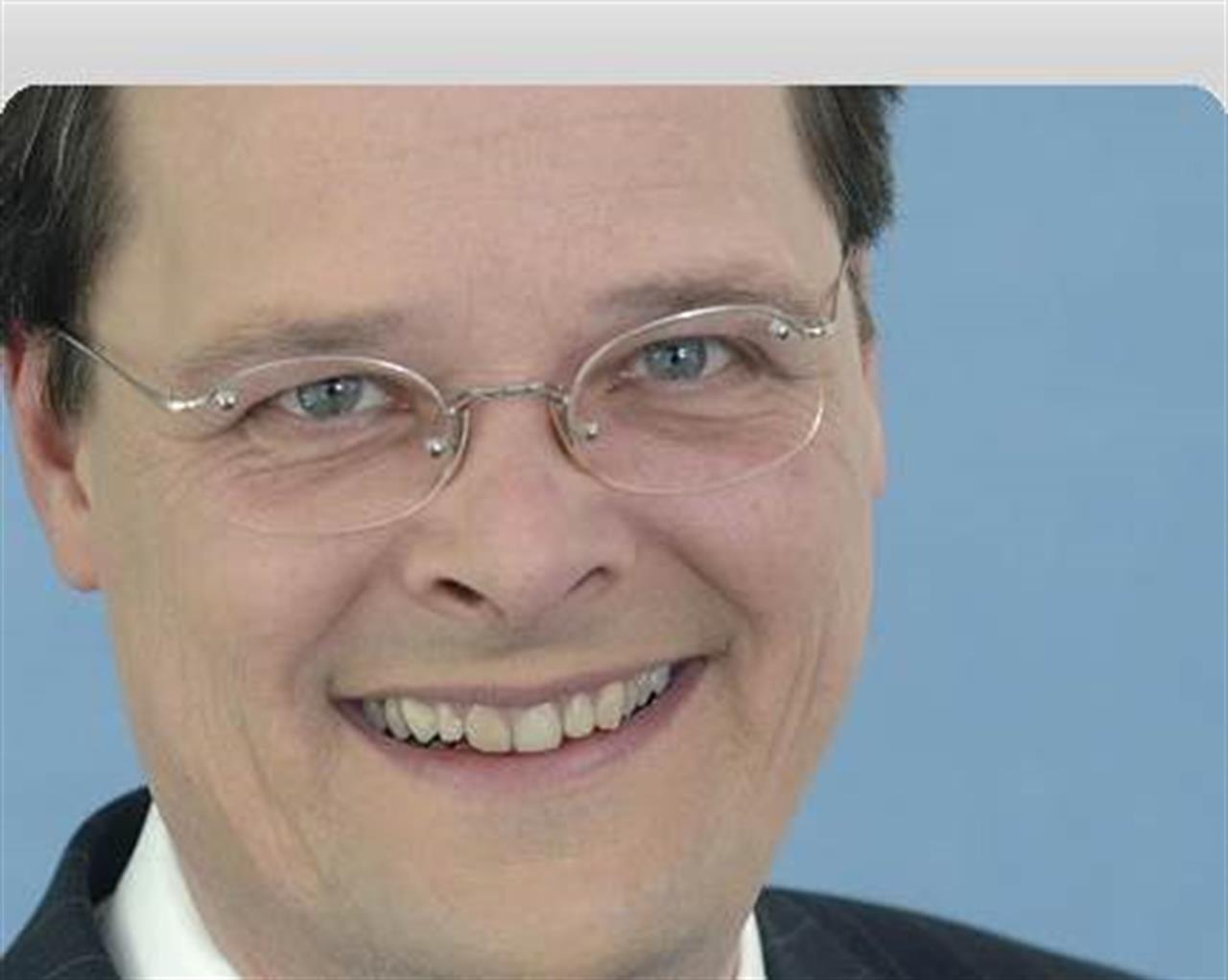Politica
Civil society ripe for change
Interview with pro-Europeanist Dr Joachim Wuermeling about the crisis: its time to think strategically

Civil society and the economic downturn? According to Joachim Wuermeling, an expert in the field of European politics, economics and civil society, things aren’t as bad as they seem although it will be up to the third sector to step in to fill the gap left by the government. What may be harder to overcome are its demographics. An aging civil society means that the organizational model civil society organizations are based around is too traditional to be attractive to the younger generation. What is needed, he says, is flexibility.
Dr Joachim Wuermeling, 50, is the speaker for economic and financial policies on Europa-Union Deutschland board, a Germany-wide federation with 18 thousand members with the primary objective of promoting and encouraging European integration and the spread of European ideas. Wuermeling has also worked at the European Commission and was a Member of the European Parliament for two terms.
Have the government spending cuts affected the Europa-Union Deutschland federation?
Not directly as we are a non profit organisation and as such do not receive any public sector money. However, we are financed through the contribution of our members and of course through grants so we are feeling the indirect effects of the crisis. Companies are being sparing with their budgets and raising money from the private sector has become very difficult.
What effect has the crisis had on the German third sector?
Budgetary discipline means that the State pulls back on many of its objectives so there is a greater need for civil society. For example: if social benefits for poor people are cut they will need assistance from elsewhere.
As far as our activity is concerned, the German government will not launch costly initiatives or campaigns promoting Europe. So it is up to us to ensure the spread of European ideas and European integration.
What are the main challenges that the German non profit sector will have to face in coming years?
First of all we have to realise that civil society and society itself are changing. A stable, permanent or long lasting commitment in non profit organisations has become rare. People today are more committed to occasional activities, so it has become more difficult to guarantee the continuity required by non profit work.
Then there are demographics. Here, non profit organizations are run by older people and younger generations are not attracted to them, perhaps also because of the way they are run, their traditional organization and vocation. Civil society has to think about more attractive, more flexible offers to encourage younger citizens to become involved.
The Spanish presidency of the EU ended on July 1. Can you draw a social balance of its mandate?
Overall the Spanish Presidency did a good job. It managed to unite Europe on the difficult issue of the budgetary discipline, on aid for Greece, on the common position in G20, so I think it worked quite well and it was quite successful.
What do you expect from the Belgian Presidency which took over from Spain on July 1?
I think the role of the presidency in public discussions is a little exaggerated because it is not as powerful as it seems. The success of an EU presidency depends on a lot on circumstance and my impression is that the presidential machine in Brussels – the Council, the Commission and so on – keeps on working regardless of who leads as president. Since the Treaty of Lisbon, it is the permanent President of the Council who guarantees continuity so I am not too afraid about the Belgian presidency. Take the Czech presidency for example: the government collapsed, but the Council’s routine was unaltered despite the political instability.
If you could be granted one wish by the Belgian presidency over the next six months what would it be?
For the past year we have been concentrating on crisis management. I hope that now we may concentrate on strategic European politics. We have to overcome the crisis and go back to proactive European integration and European politics if we wish to make a stronger Europe in coming years.
Vuoi accedere all'archivio di VITA?
Con un abbonamento annuale potrai sfogliare più di 50 numeri del nostro magazine, da gennaio 2020 ad oggi: ogni numero una storia sempre attuale. Oltre a tutti i contenuti extra come le newsletter tematiche, i podcast, le infografiche e gli approfondimenti.
